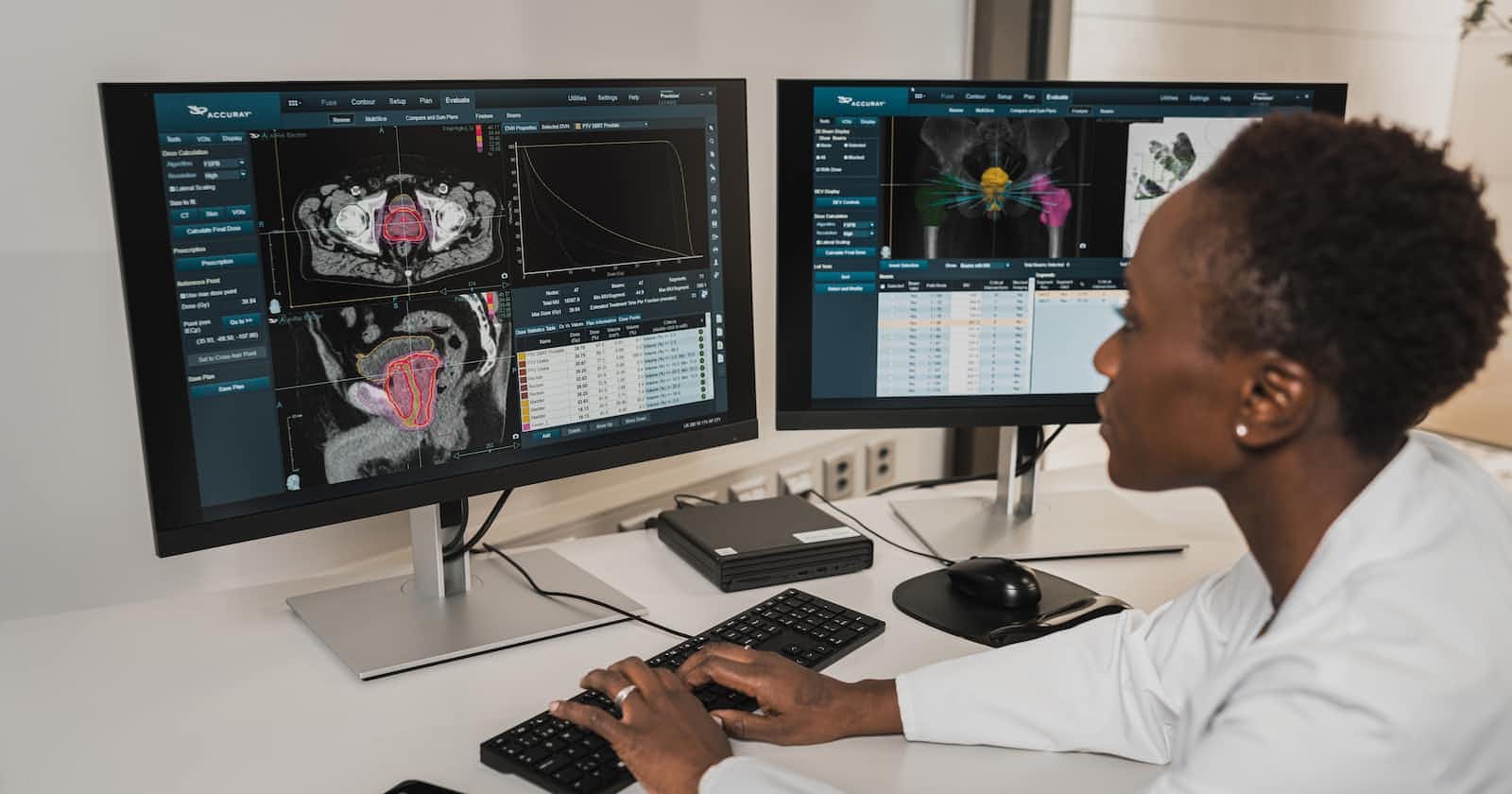Table of contents
No headings in the article.
Blockchain technology has been revolutionizing several existing technologies, and the medical industry is no exception, the medical industry is benefitted significantly by the improved transparency and traceability aspect of this technology. This changes the way health care is delivered and managed. From secure medical records to streamline supply chain management, here are some of the ways blockchain is revolutionizing the medical industry:
Secure Medical Records: Medical records contain sensitive personal information about a person's health, including medical history, treatments, and diagnoses. This information is critical for healthcare providers to make informed decisions about a patient's care, but it is also highly sensitive and vulnerable to theft or misuse.
The traditional method of storing medical records involves a centralized database that is controlled by a single entity. This system is vulnerable to cyberattacks and data breaches, putting patient information at risk. With blockchain, medical records can be securely stored in a decentralized database. The blockchain is a distributed ledger that is maintained by a network of computers, making it nearly impossible for any single entity to control or manipulate the data. One of the key benefits of blockchain technology is that it allows for the secure and transparent sharing of medical records. Healthcare providers can access a patient's medical records with their permission, while patients have control over who they share their information. This improves the quality of care and gives patients more control over their own health information.
Streamlined Supply Chain Management: Blockchain technology can be used to track and verify the authenticity of drugs and medical supplies, ensuring that patients receive the correct medications and that counterfeit drugs are kept out of the supply chain. Each time a change is made to a medical record, a new block is added to the chain, providing an unalterable record of all changes made to the medical record file.
Clinical Trials and Research: The traditional methods for conducting clinical trials are a cumbersome process prone to human errors, with data often recorded manually and stored in siloed databases. Blockchain technology offers a solution to these problems by securely storing data in a decentralized ledger that is maintained by a network of computers. This allows for real-time data sharing among researchers and reduces the risk of data manipulation or loss. Another key benefit of blockchain-based clinical trials is the ability to track and verify the authenticity of the data. Each time a change is made to a patient's record, a new block is added to the chain, providing an unalterable record of all changes made to the patient's file.
Improved Patient Outcomes: By giving patients access to their own medical records and allowing them to share their data with their healthcare providers, and can improve patient outcoes by providing a more complete picture of their health history.
Decentralized Healthcare Systems: Blockchain technology has the potential to create decentralized healthcare systems, where patients have greater control over their medical records and can choose who they share their data with. This could lead to more efficient and effective healthcare delivery and more equitable distribution of resources.
In conclusion, blockchain technology has the potential to transform the medical industry in many ways. From secure medical records to improved patient outcomes, blockchain is poised to play a significant role in shaping the future of healthcare. While there is still much work to be done to fully realize the potential of blockchain in the medical industry, the possibilities are endless, and it's an exciting time to be part of this growing field.

